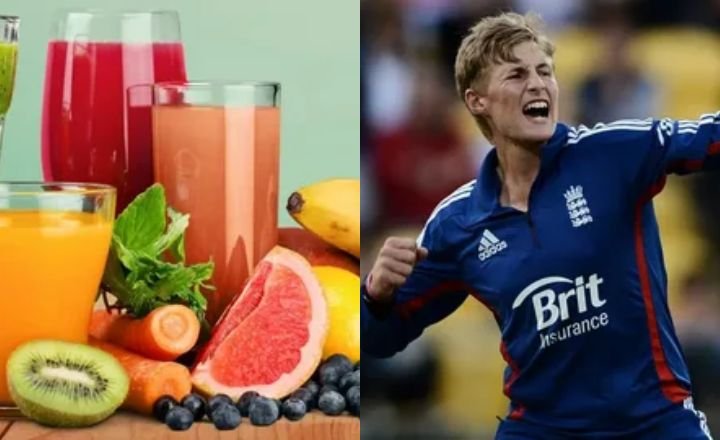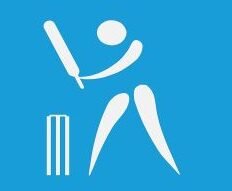In the world of cricket, where every run counts and stamina can make or break a match, the significance of a good diet often goes unnoticed. While fans might celebrate a player’s stunning six or remarkable catch, few realize that these moments of brilliance are fueled by meticulous nutrition and strategic meal planning.
Diet plan for cricketers aspiring young talent or a seasoned professional looking to refine your approach to fitness. A well balanced diet is not just an accessory to athletic performance but also for injury prevention and recovery. From energy-boosting carbohydrates to muscle repairing proteins.
The Importance of a Proper Diet for Cricketers
A well-structured diet plan for cricketers is not merely about calories; it fundamentally enhances performance on the field. When tailored effectively, it can increase stamina, promote faster recovery, and reduce the risk of injuries.
Hydration plays a pivotal role in maintaining peak physical performance. Dehydration can significantly impact focus and reaction times, two critical components in cricket where split-second decisions can determine the game’s outcome.
Protein intake is crucial for muscle repair and growth after rigorous training sessions or matches. Including lean proteins from chicken, fish, or plant-based sources helps athletes recover efficiently while preserving muscle mass.
What does a good diet plan for cricketers consist of?
A good diet plan for cricketers is not merely about fueling the body; it’s about enhancing performance, recovery, and overall health. Carbohydrates serve as the primary energy source, particularly complex carbs like whole grains and fruits that provide sustained energy throughout long matches.
Proteins are equally critical for muscle repair and recovery. Lean meats, fish, beans, and legumes should be staples in their diets. Hydration is another cornerstone of an effective diet plan for cricketers. Hydrated not only supports physical performance but also mental clarity during high-pressure moments on the field.
Electrolyte balance should be maintained through sports drinks or coconut water during extended play to restore lost minerals without unnecessary sugars. Meal timing can be crucial; pre-match snacks rich in carbohydrates paired with protein help sustain energy levels while post-match meals focused on recovery can refuel muscles effectively.
Pre, Post and Mid Game Diet Plans for Cricketers
Pre-game nutrition should focus on providing sustained energy while minimizing digestive discomfort. Athletes can benefit from complex carbohydrates like brown rice or whole grain pasta paired with lean proteins such as grilled chicken or fish a few hours before the match.
During the game, quick snacks rich in carbohydrates, like energy bars or dried fruit, can serve as excellent fuel sources without weighing players down. Hydration remains crucial sports drinks that replenish electrolytes are ideal to counter sweat loss and maintain optimal performance levels.
Post-game recovery is where dietary strategies truly shine, aiming for protein-rich meals to rebuild muscle tissues alongside making sure to replenish glycogen stores with a mix of carbs and proteins within 30 minutes post-play.
Liquids are as important as solid food
While many focus on solid foods in their diet plans, the role of liquids in maintaining peak athletic performance is often underestimated. For cricketers, hydration goes beyond merely quenching thirst; it directly influences energy levels, concentration, and recovery.

Incorporating smoothies or soups packed with essential vitamins can provide immediate bioavailability of nutrients that support muscle repair and growth post-game. This holistic view challenges the traditional perception that solid foods alone are sufficient; a balanced approach includes a variety of textures and forms to meet nutritional requirements effectively.
Why is nutrition important?
- Fast recovery
- Reduce body fat
- Increase staimna
- Increases strenght
- Reduce stiffness
Mindfulness in Diet
Mindfulness in diet transcends mere calorie counting; it’s about cultivating an intentional relationship with food. For athletes, particularly cricketers who rely on peak performance, this approach can transform not just physical health but also mental clarity. Proper exercise is also play important role in performance og cricketers
Conclusion
A well-balanced diet plan for cricketers to enhance their performance on the field and maintain optimal health. A variety of nutrient-rich foods, staying hydrated, and timing meals effectively around training and matches, athletes can fuel their bodies for peak performance. By focusing on a balanced intake of carbohydrates, proteins, and healthy fats, athletes can ensure they have the energy and stamina needed for long matches.
What is the best diet for a cricketer?
Need to focus on nutrient dense foods such as cereals, fruit, vegetables, low-fat dairy products, lean meat/poultry/ fish or vegetarian alternatives.

